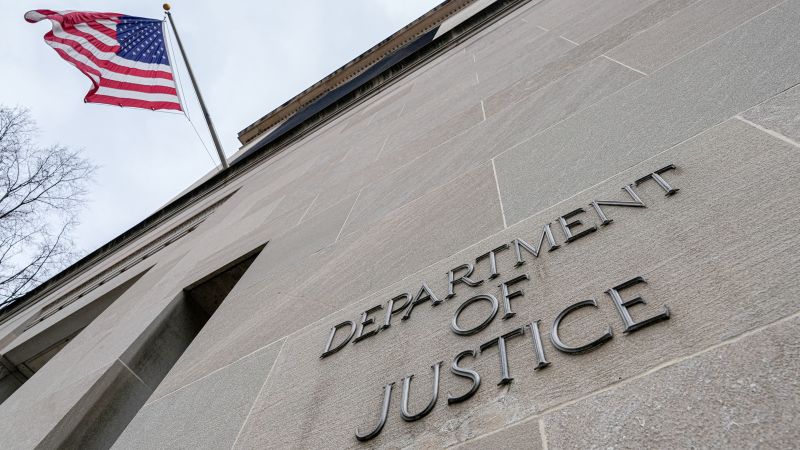Khan, a Pakistani national, has been charged by the Justice Department for allegedly plotting to attack Jews in New York in support of ISIS. He specifically targeted New York due to its large Jewish population and planned to carry out the attack on the anniversary of the October 7 terror attacks in Israel. Khan is accused of attempting to provide material support to a foreign terrorist organization, and he was arrested in Canada. The charges were unsealed on Friday, and Attorney General Merrick Garland emphasized that all communities in the country should not have to fear being targeted by hate-fueled terrorist attacks.
The plot allegedly planned by Khan raises concerns about the continued threat of terrorism and the targeting of specific communities based on religious or ethnic backgrounds. The Justice Department’s swift action in arresting Khan before he could carry out the attack highlights the ongoing efforts to prevent such acts of violence. The case also underscores the importance of maintaining vigilance and cooperation between law enforcement agencies to combat terrorism in all its forms, both domestically and internationally. The involvement of undercover agents in uncovering the plot further illustrates the need for intelligence gathering and investigative techniques to identify and neutralize potential threats.
Attorney General Garland’s statement condemning the planned attack emphasizes the government’s commitment to protecting all communities from terrorist violence. Specifically singling out the Jewish community as a target for the attack underscores the importance of addressing and confronting anti-Semitic sentiments that can lead to such heinous acts. The charges against Khan for attempting to provide support to a foreign terrorist organization signal the seriousness of the allegations and the potential consequences of engaging in violent extremism. The case serves as a reminder of the ongoing threat posed by individuals radicalized by extremist ideologies and the importance of countering such narratives through education and prevention efforts.
The arrest of Khan in Canada highlights the transnational nature of terrorism and the need for international cooperation in combating extremist threats. The fact that Khan, a Pakistani national, was allegedly planning an attack in the United States underscores the global reach of terrorist organizations like ISIS and the challenges faced in preventing attacks across borders. The unsealing of the charges against Khan serves as a warning to others who may be radicalized or seeking to carry out similar acts of violence, demonstrating that law enforcement agencies are actively monitoring and disrupting potential threats. The case also highlights the crucial role of intelligence sharing and coordination between countries in addressing the evolving threat landscape posed by terrorism.
The specific targeting of New York City by Khan in his alleged plot raises concerns about the vulnerability of densely populated urban areas to terrorist attacks. With its large Jewish population and status as a global hub, New York presents a high-profile target for extremist groups seeking to sow fear and division. The timely intervention by law enforcement in preventing the attack underscores the importance of early detection and intervention in disrupting terrorist plots. The charges against Khan for planning the attack around a significant date in the calendar of terrorist activities indicate a deliberate intent to cause maximum impact and harm to a specific community, highlighting the need for continued vigilance and preparedness in the face of ongoing threats.
Overall, the case against Khan serves as a stark reminder of the persistent threat of terrorism and the need for coordinated efforts to prevent attacks and protect communities from violence. The charges brought against Khan for planning to target Jews in New York shed light on the dangers posed by individuals radicalized by extremist ideologies and the importance of countering such narratives through education and awareness. The swift action taken by law enforcement to arrest Khan demonstrates the effectiveness of intelligence-led operations in identifying and neutralizing potential threats before they can materialize. The international dimensions of the case also underscore the importance of global cooperation in combating terrorism and the challenges faced in preventing attacks across borders.


